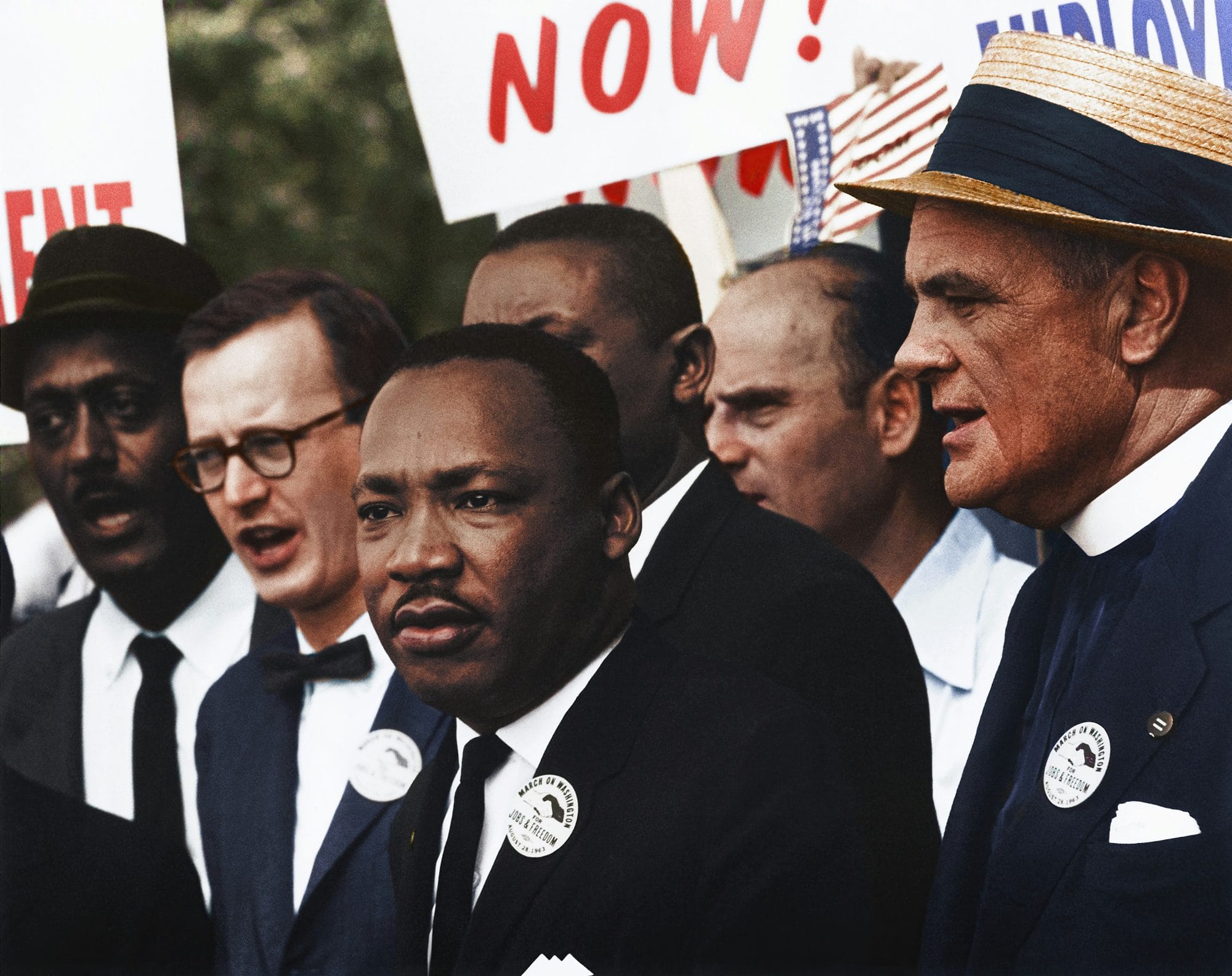The Enduring Legacy of Dr. King Jr.’s Letter from a Birmingham Jail
On April 12, 1963, Dr. Martin Luther King Jr. and nearly 50 protestors and civil rights leaders faced arrest following a Good Friday demonstration in conjunction with the Birmingham Campaign. This campaign aimed to draw national attention to the racial discrimination and terrible treatment experienced by Blacks in Birmingham, Alabama, one of America’s most segregated cities. After the boycott of white-owned businesses proved ineffective, King and others opted for more direct action, including ignoring an ordinance prohibiting public gatherings without a permit.
King was arrested and placed in solitary confinement. At first, he was denied access to lawyers and wasn’t allowed to contact his wife. Eventually, President John F. Kennedy was asked to intervene on his behalf. To the surprise of many, King chose not to be bailed out, believing that a longer stay in jail would attract more attention to the struggles of Blacks in America.
Following his arrest, King read an open letter in a Birmingham newspaper penned by local religious leaders criticizing King and the demonstrations, labeling his efforts “unwise and untimely.” Alone in his cell, King responded to the letter with one of his own, a 7,000-word defense of his use of direct action and nonviolent protest in the Civil Rights Movement. Letter from a Birmingham Jail, written in longhand and without notes, turned the criticism back on religious leaders and moderate white Americans who, in King’s mind, were being passive in the face of injustice while King and other protesters risked their lives to bring about change.
Justice Too Long Delayed is Justice Denied
In the first half of his letter, King refuted criticisms from white clergymen and rejected their advice to delay the campaign for racial equality. He emphasized the necessity for immediate action in response to the persistent lack of response to desegregation legislation. King also articulated the principles of nonviolent direct action, shed light on the plight of Black Americans, and defended the primacy of moral law over an unjust legal code. In the second half of the letter, King highlighted the shortcomings of white moderates who appeared sympathetic to the campaign for civil rights but were judgmental of actual campaign tactics. He also addressed the failures of white churches in supporting human rights for Black Americans.
Throughout his letter, King cited biblical figures and those from American history to show how they understood the moral imperative to speak up and take action against injustice. Famous statements from the letter include, “Injustice anywhere is a threat to justice everywhere,” and “Justice too long delayed is justice denied.” King ended his letter with a hopeful vision of what America could be one day: “Let us all hope that the dark clouds of racial prejudice will soon pass away and the deep fog of misunderstanding will be lifted from our fear drenched communities, and in some not too distant tomorrow the radiant stars of love and brotherhood will shine over our great nation with all their scintillating beauty.”
King’s letter began appearing in publications and gained nationwide popularity. The Southern Christian Leadership Conference later used it for fundraising before King incorporated it into his book, Why We Can’t Wait, released in July 1964, which was the same month President Lyndon Johnson signed the Civil Rights Act into law.
The Sacrificial Spirit of the Early Church
Despite being written decades ago, King’s words remain as relevant as ever, especially those directed at the contemporary church and how different it looks compared to the bold faith example of Christians in the early church.
There was a time when the church was very powerful. It was during that period that the early Christians rejoiced when they were deemed worthy to suffer for what they believed. In those days the church was not merely a thermometer that recorded the ideas and principles of popular opinion; it was the thermostat that transformed the mores of society. Wherever the early Christians entered a town the power structure got disturbed and immediately sought to convict them for being “disturbers of the peace” and “outside agitators.” But they went on with the conviction that they were “a colony of heaven” and had to obey God rather than man. They were small in number but big in commitment. They were too God-intoxicated to be “astronomically intimidated.” They brought an end to such ancient evils as infanticide and gladiatorial contest.
Things are different now. The contemporary church is so often a weak, ineffectual voice with an uncertain sound. It is so often the arch supporter of the status quo. Far from being disturbed by the presence of the church, the power structure of the average community is consoled by the church’s often vocal sanction of things as they are.
But the judgment of God is upon the church as never before. If the church of today does not recapture the sacrificial spirit of the early church, it will lose its authentic ring, forfeit the loyalty of millions, and be dismissed as an irrelevant social club with no meaning for the twentieth century.
A Call for Justice Today
The march toward a just and well-ordered society goes forward today, and the lessons from King’s letter challenge us to take responsibility for confronting injustice everywhere and building a flourishing community that protects the rights of all. In the spirit of King’s legacy, the call for justice extends beyond issues of racial equality to include the rights of the unborn. The Civil Rights Movement and the pro-life cause both emphasize protecting the most vulnerable in society and ensuring that every member of society is granted fundamental human dignity and the right to live that they deserve. Dr. Alveda King, niece of the late Dr. King, once said, “Martin was a minister of God. Martin would say, ‘Injustice anywhere is a threat to justice everywhere.’ So how is it going to be just to murder somebody and rip them up and burn them with chemicals? He said, ‘The Negro cannot win if he’s willing to sacrifice the futures of his children for immediate personal comfort and safety.’”
Letter from Birmingham Jail stands as a testament to the enduring power of faith, moral conviction, and the call to confront injustice with unwavering courage. King’s plea for justice continues to inspire individuals today who fight injustice and oppression and advocate for the rights of the marginalized in every corner of society.
You can read Letter from a Birmingham Jail in its entirety here.


